Guillen outlines future Vuelta a Espana plans
Canary Islands, Morocco and Portugal could feature in coming years at Spanish Grand Tour
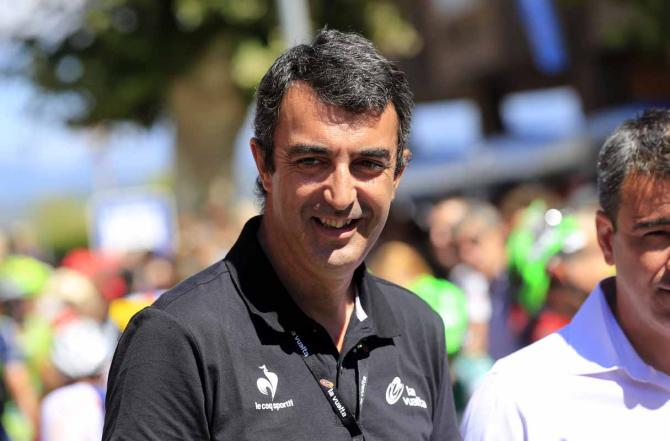
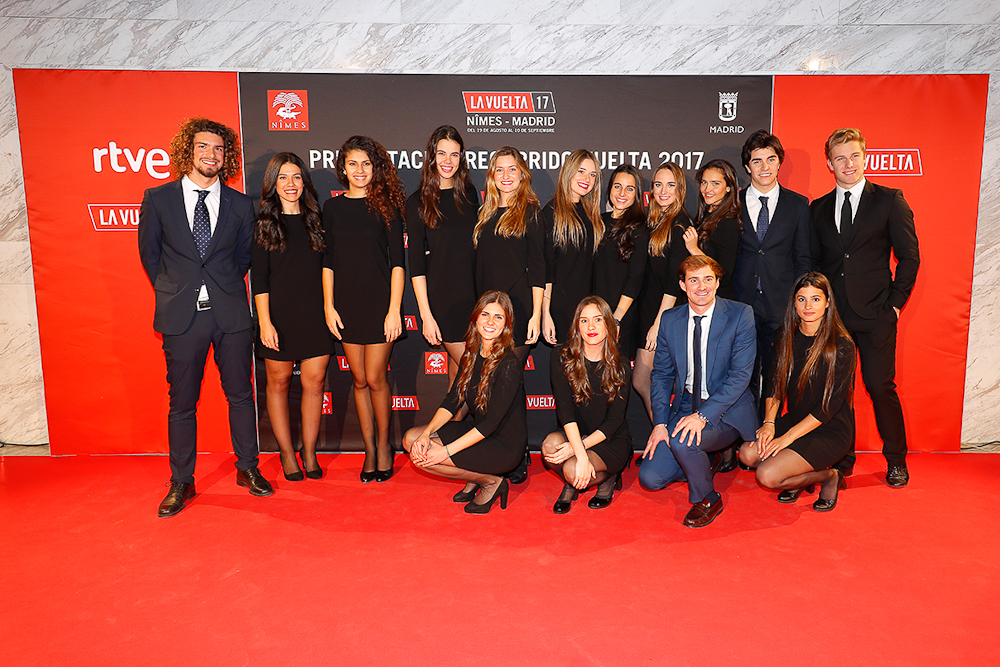
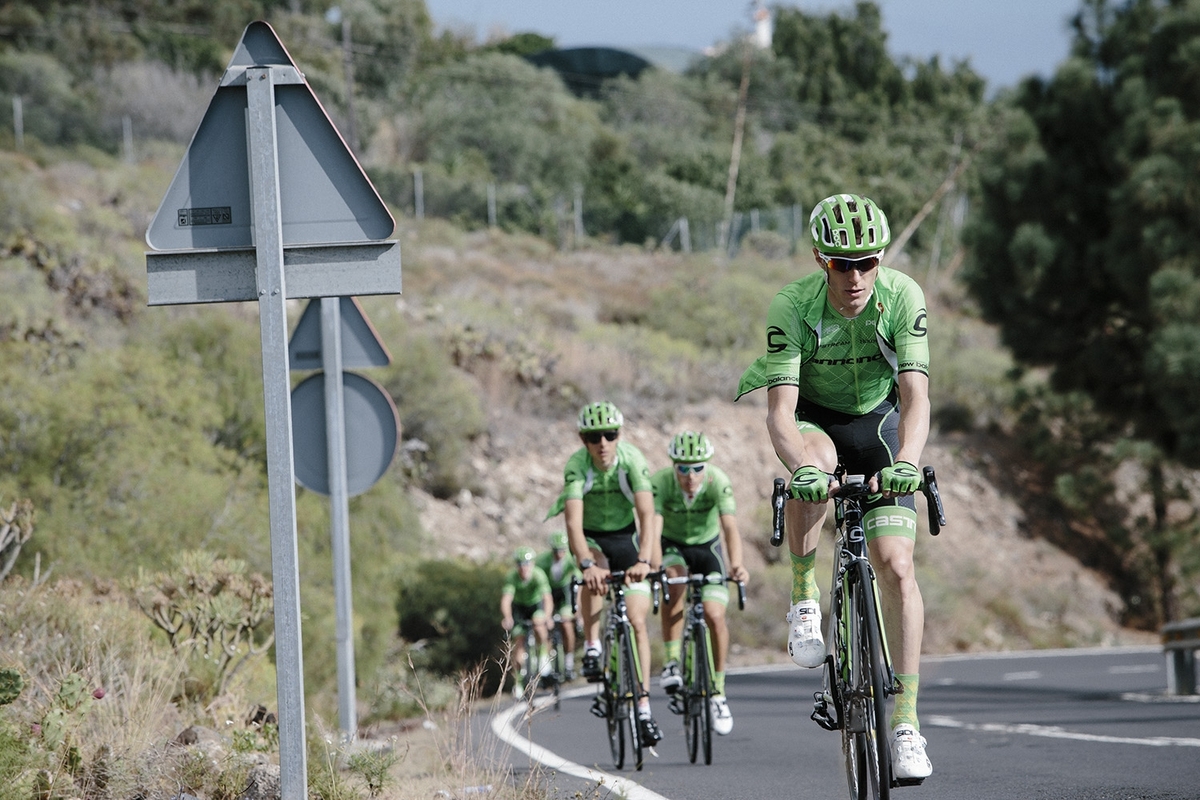
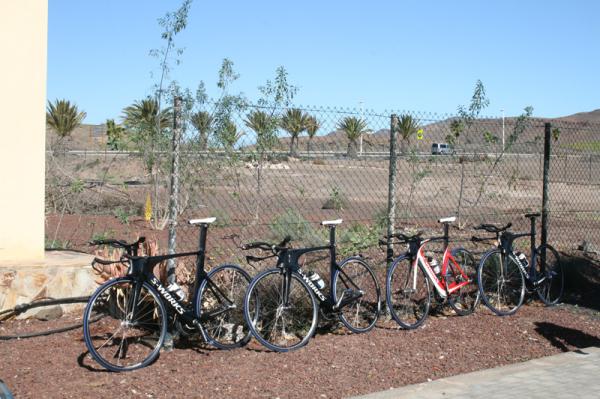
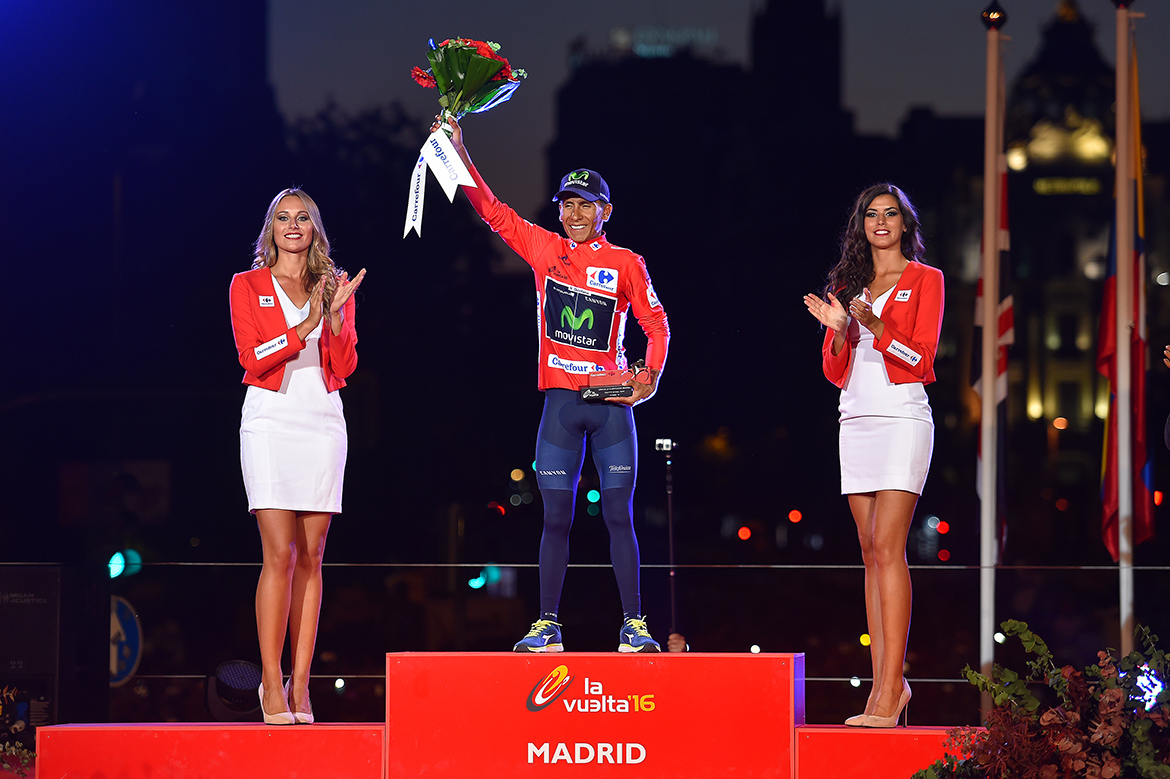
Vuelta a Espana race director, Javier Guillén has outlined his plans for the race through to the 2020 edition of the Spanish Grand Tour. Guillén, Fernando Escartín, race technical director, and Kiko García, the voice of race radio, spent Wednesday at the Madrid offices of Spanish daily AS, outlining his plan for four stages on the Canary Islands, an excursion into the Portuguese mountains and possible stage visit in Morocco. Ideas that "combine tradition with innovation," he said.
"We would like to reach Ceuta and Melilla, perhaps through a visit to Morocco. But above all, we think of the Canaries. I dream of four finishing four stages, two in Gran Canaria and two in Tenerife," he outlined to AS of the plans to visit the autonomous Spanish cities on the coast of North Africa.
In 2015, it was suggested the 2017 Vuelta could feature two mountain top finishes at Pico de las Nieves and Mount Teide. Guillen also attempted to plan a visit in 2012 with budget and logistics ultimately leading to the postponement of his dream.
Describing the Canary Islands stages as "a logistical challenge that is worthwhile," Guillén explained that all infrastructure would be moved by boat and take around 26 hours. The riders would be transported via plane with an estimated cost of €2 million.
"If we get it right, we talk from 2020, and we would involve any of the available stakeholders, local institutions, the national government and even special sponsors for the occasion," he said.
Tiede and Tenerife has been key training locations for professional teams in recent years. Although due to the high costs associated, and the several stages requited to justify such an excursion, the 1988 Vuelta remains the only time the race has visited the islands.
Along with the Canary Islands finish, Guillén confirmed there remains strong interest across Europe to host the start of the Grand Tour. While the Giro d'Italia and Tour de France regularly start outside of Italy and France respectively, the Vuelta has only ever started outside of Spain on two occasions with 2017 the third. In 1997, the Vuelta started in Lisbon while in 2009 Assen was the host. This year's race will start in Nimes, France and Guillén anticipated foreign departures would become a greater reality as Spain continues to recover economic downturn post-GFC.
The latest race content, interviews, features, reviews and expert buying guides, direct to your inbox!
"We have a current reach of 190 countries, with live broadcasts in Japan, the United States or Colombia," he said of the improved commercial reach of the race. "Regarding sponsors we have noticed that the crisis has passed. There is greater stability in the selling of rights and the ability to attract new sponsorships."
During the interview, Guillén also expressed his desire for greater use of data during television broadcast but data that could easily comprehend by audiences and add value.
"We want to combine the new technologies with the epic: to transmit images of cameras on board, information of watts, Speed ... But without the Angliru and the show offered by cyclists, the data would be diluted. We need both optics to complement each other," he said.
Guillén also touched upon the topics of podium hostesses, who will return in 2017, and issues of race safety, offering that "we insist on raising awareness, studying every meter of every day and avoiding unnecessary vehicles."
The 2017 Vuelta a Espana gets underway August 19 with a team time trial in Nimes and concludes Sunday, September 10 with a city circuit in Madrid.
